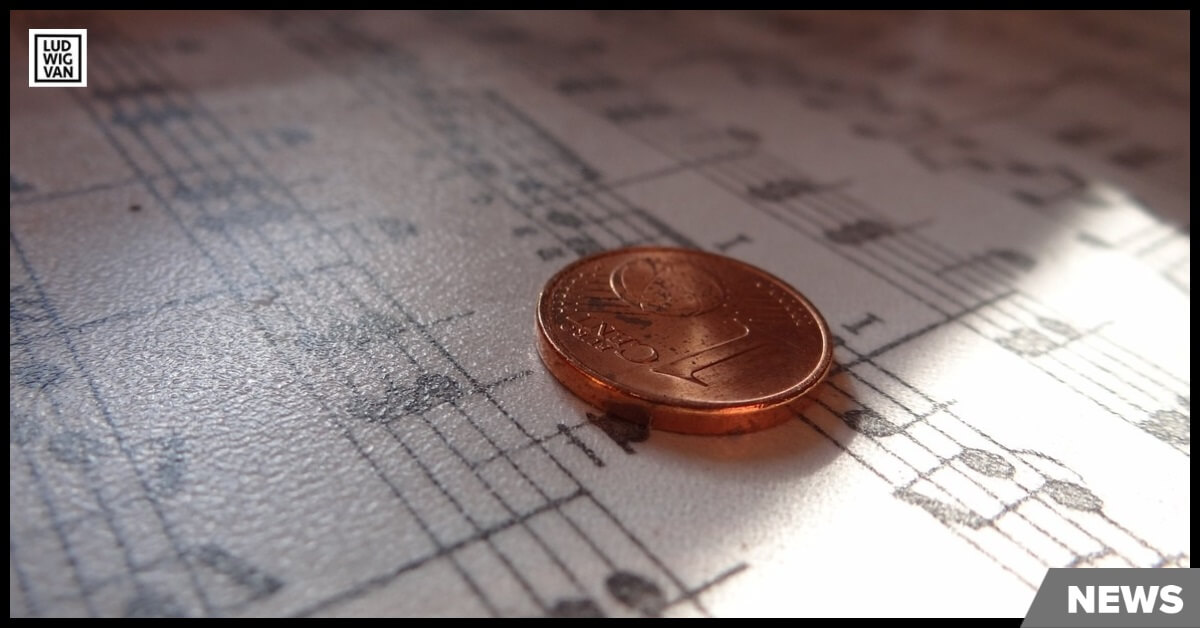
The leaders of arts organizations in Canada’s biggest cities have called on the federal government to institute a Basic Income Guarantee for artists. The call was published as an editorial in The Globe and Mail today.
The letter was signed by Claire Hopkinson, director & CEO of the Toronto Arts Council, Nathalie Maillé, executive director of the Conseil des Arts de Montréal, Carol Phillips, executive director of the Winnipeg Arts Council, Patti Pon, president & CEO of Calgary Arts Development, and Sanjay Shahani, executive director of the Edmonton Arts Council.
The arts leaders call the measure a crucial part of any sustainable future for arts and culture in Canada. And, as they point out, they represent the majority of Canada’s artists.
The document details several hard facts about the devastating effect the pandemic has had on the arts sector in Canada this past year.
- The GDP of the entire arts sector has dropped by 62% in the last year.
- The number of hours of work clocked in arts, entertainment and recreation sector dropped by 36.6% in 2020.
- The above figure includes a titanic decrease of 60% for anyone working in the performing arts sector.
Art, music, film, and other forms of culture and entertainment have been the backbone of pandemic life. Combined with technology, the arts have undeniably helped Canadians weather the long year of isolation and restricted socializing.
Artists and the arts in general have responded by innovating, pivoting to new paradigms in an ongoing effort to stay in touch with their audiences and continue creation as much as is humanly possible. World-class artists have performed in the streets, streamed from their homes for free, and entertained seniors, healthcare workers and other front-line workers as the pandemic dragged on.
As the letter points out, that’s just what artists do — even now, when they face not just a pandemic but an environment that was already growing more and more challenging in many other ways.
Responding to hardship with inspiration is not new for Canada’s artists. But that hardship has a solution — and that solution is long overdue. For many years, artists have faced income insecurity caused by their dependence on precarious short-term contracts which do not include benefits, paid sick leave, or employment insurance, things many Canadian workers take for granted. More recently, digital platforms have eroded fair compensation levels for artistic work. Furthermore, although the vast majority of our country’s artists live in our cities, the cities themselves compound problems as the cost of living and artist work space is punishingly high. It is a well-documented fact that Canadian workers, including artists, who are from marginalized communities, are disproportionately affected by precarious employment conditions.
The Writers’ Union of Canada has similarly requested that the federal government implement a Basic Income Guarantee program. Canadian arts organizations are not alone. There are calls from arts organizations in the UK for a guaranteed basic income.
In the United States, some municipalities have already started to experiment with a guaranteed income for specific targeted groups, including the city of Stockton, CA. In its pilot program, which was entirely privately funded, the Stockton Economic Empowerment Demonstration handed out $500USD per month for 24 months to a total of 125 recipients.
Artists make up a significant niche in the workforce, according to the numbers. In 2016, 158,100 Canadians identified as artists, meaning it made up all or the largest part of their working hours. The figure represents just under 1% of the Canadian labour force, or one in 116 Canadian workers.
That’s more than the number of workers in either the auto manufacturing or utilities sectors. Of those, 22% are singers or musicians, the biggest chunk. But, with a median income of $24,300, artists earn a whopping 44% less than the national average.
Arts work is work, and along with the artists themselves, the industry also incorporates the venues and their employees. CERB and CRB have kept many people alive this past year, but they were always intended as a temporary measures. The letter calls Basic Income Guarantee “a model for the future”.
Patti Pon was quoted recently in The Globe and Mail. “How do you not advocate for ensuring a level of income that enables all of us to benefit so significantly, when the arts are as vital in a community as we have seen during the pandemic?” she asks. “If we don’t take advantage of this opportunity, no one’s going to do it for us.”
- PREVIEW | SUMMER OPERA LYRIC THEATRE Presents Handel’s Xerxes, Mozart’s Idomeneo & Puccini’a La Boheme July 26 To August 4 - July 26, 2024
- PREVIEW | YENSA Festival V.2 Offers Black Flames Performances & Other Ways To Celebrate Black Women In Dance - July 25, 2024
- PREVIEW | Canadian Talent Conspicuous In The Met: Live In HD 2024-25 Season - July 25, 2024



